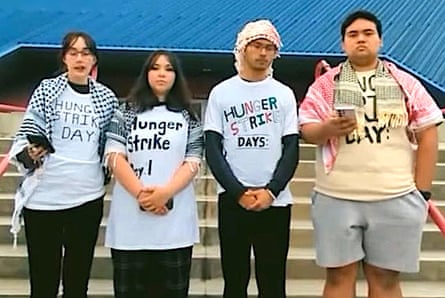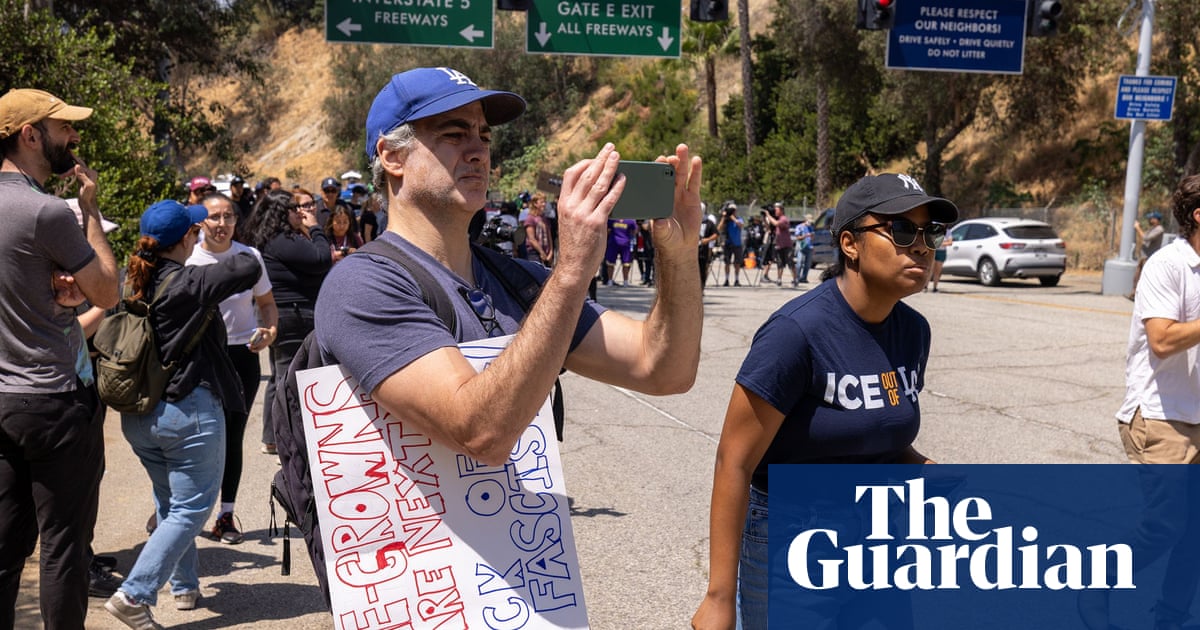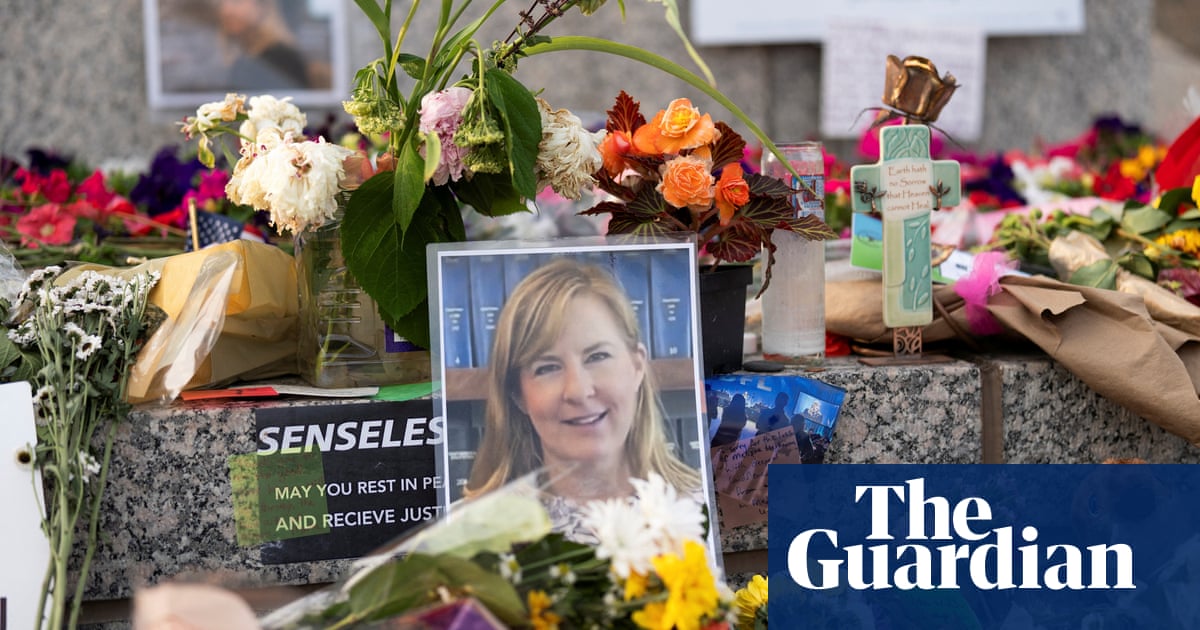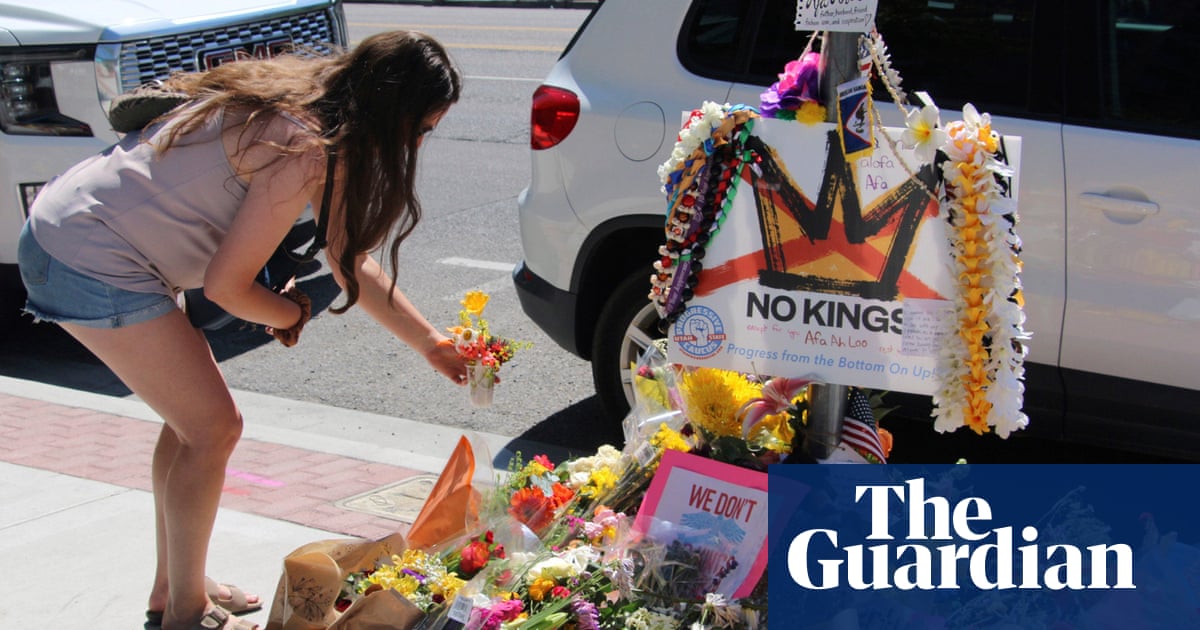Around two dozen California State University students began a hunger strike last week to protest starvation in Gaza due to Israel’s aid blockade, marking the latest act of political protest on college campuses.
The strikers – students from San Jose State, Sacramento State, San Francisco State and CSU Long Beach – began their fast on 5 May
“We, the students of San Francisco, Sacramento, Long Beach, and San Jose State Universities, are beginning a united hunger strike in solidarity with the two million Palestinians at risk of starvation in Gaza,” Students for Justice in Palestine wrote in a press release. They are also pushing the university system to divest from weapons manufacturers, among other stated goals.
The hunger strikes come as Israel’s aid blockade in Gaza passes its second month, and is facing mounting international criticism for the millions of Palestinians pushed toward famine, as well as Israel’s finance minister, Bezalel Smotrich’s, recent assertion that “Gaza will be entirely destroyed.”
Max Flynt, a hunger striker and undergraduate student at San Francisco State University, cited the aid blockade as a decisive factor for organizing the strike. Flynt sets up daily on the campus quad with other organizers and strikers under a “Hunger Strike for Gaza” canopy. Organizers hold educational workshops and strikers have their vitals taken every few hours, but do not stay overnight.
“Many of the forms of protests that were used last year, specifically the encampments, have become effectively illegal in the United States,” Flynt said. “If we were to put up a tent today, the police would be called on us almost immediately.”
Jaime Jackson, a professor at Sacramento State and member of Faculty for Justice in Palestine who studies non-violent protest, pointed out the hunger strike’s symbolic ties with the realities in Gaza.
“The bombing, the killing, the massive violations of human rights have been an ongoing issue throughout,” Jackson said. “But the recent, really big thing has been the blocking of humanitarian aid and the ongoing starvation of people in Gaza.”

The crackdown on college protesters from the police to policy level, began during the Biden administration last year and has only increased under Trump. International students with vocal support for Palestinians have been especially targeted.
“We know that the Trump administration is doing this because they’re scared of the student movement, they’re scared of what they saw last year, and they’re scared that it will come back again,” Flynt said.
The divestment demands from Flynt and other protesters include the California State University system’s adoption of San Francisco State University’s Human Rights IPS Screening, the severance of study abroad programs with Israeli universities, and divestment from companies producing military, weapons and surveillance technology.
“We’re aware of where they are sending our money, and we don’t want to be used to any of these war efforts, genocide through these companies,” said Amal Dawud, and undergraduate and organizer at Sacramento State University.
Two schools in the California State University system, Sacramento State University and San Francisco State University, began some form of divestment last year after meeting with student protesters. San Francisco State University confirmed the offloading of assets in Lockheed Martin, Palantir, Leonardo and Palantir, while some questions remain surrounding the mechanics of Sacramento State’s divestment.
Questions linger surrounding the mechanics and concrete implications of divestment. A recently killed congressional bill would have expanded penalties for boycotting and divestment.
Marcus Bode, an undergraduate and hunger striker at California State, Long Beach, cited his university’s partnership with Boeing, a major supplier to the Israel Defense Forces, as something that would disappear under divestment. Bode can consume water, powder electrolytes and sports fluid under the conditions of the strike, and said that he is already feeling the physical effects of the strike, including aching joints, muscle cramps and lightheadedness.
“We don’t see those increases in tuition and fees, those hikes and prices, being returned as a benefit to the student. It isn’t being reinvested into our campus and into our student body,” Bode said. “It’s instead being used to fund war and genocide abroad.”
Bode and his fellow hunger strikers face an uphill battle with the university system.
Amy Bentley-Smith, CSU’s director of media relations, said the system and its campuses will not alter investment policies but honor the right to protest. “We will continue to uphold the values of free inquiry, peaceful protest and academic freedom,” Smith said to the Guardian in a statement.

 1 month ago
27
1 month ago
27

















































